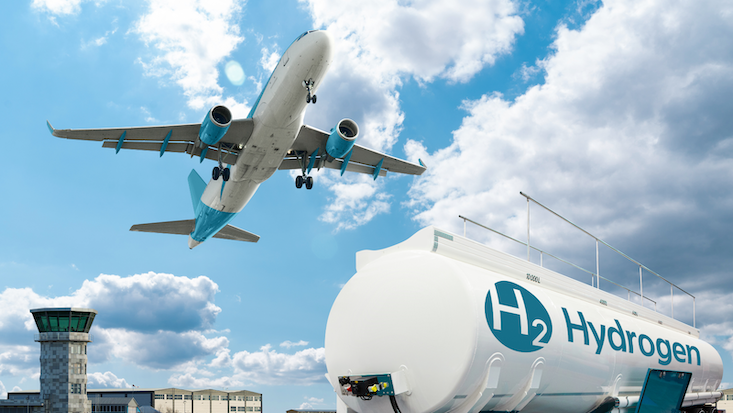UK Civil Aviation Authority's Hydrogen Challenge: Pioneering Zero-Carbon Aviation Innovation
Key Ideas
- The UK Civil Aviation Authority has launched an extended three-year Hydrogen Challenge to drive the development of hydrogen-powered aviation, focusing on propulsion testing, airport infrastructure innovation, and aircraft system advancements.
- Multiple UK companies are collaborating with the regulator to pioneer the use of hydrogen as a zero-carbon aviation fuel, with a strong emphasis on developing new aircraft designs and airport infrastructure improvements.
- Industry leaders like Cranfield Aerospace Solutions, Oxford University, ZeroAvia, and Rolls-Royce are actively involved in testing hydrogen technologies, combustion research, fuel storage, and turbine designs to support the safe integration of hydrogen aviation technology.
- The expanded Hydrogen Challenge, set to continue until 2028, aims to establish the UK as a global leader in zero-emission air travel by shaping future regulations and driving sustainable aerospace growth through innovative hydrogen solutions.
The UK Civil Aviation Authority has launched an extended and expanded Hydrogen Challenge to drive the development of hydrogen-powered aviation within the aerospace sector. This second round of the initiative will span three years, focusing on hydrogen propulsion testing, airport infrastructure innovation, and advancements in aircraft systems. The goal of the challenge is to prepare the industry for the widespread adoption of hydrogen as a zero-carbon aviation fuel. Several UK companies are collaborating with the regulator to develop new aircraft designs incorporating hydrogen fuel cell-powered systems and enhance airport infrastructure to enable safe and efficient hydrogen use. Research is also being conducted on hydrogen combustion and its application in aviation technology to deepen understanding and drive technological advancements. With the involvement of industry leaders like Cranfield Aerospace Solutions, Oxford University, ZeroAvia, and Rolls-Royce, various aspects such as fuel cell electric propulsion systems, combustion research, fuel storage, and turbine designs are being tested to support the safe integration of hydrogen aviation technology. The expanded challenge aims to yield significant findings that will influence future regulations and facilitate the safe adoption of hydrogen aviation technology, with trials scheduled to continue until 2028. The UK's objective is to position itself as a leader in the global transition towards zero-emission air travel, with results from the 2024 Challenge expected to be released soon.
